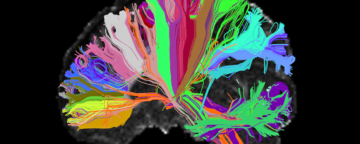Parents are more willing to let their children see intense gun violence in PG-13 movies when the violence appears “justified,” used to defend a loved one or for self-protection, than when it has no socially redeeming purpose, a new study finds.


Parents are more willing to let their children see intense gun violence in PG-13 movies when the violence appears “justified,” used to defend a loved one or for self-protection, than when it has no socially redeeming purpose, a new study finds.

Speaking at Penn's 2018 "Teach-In," APPC research director Dan Romer discussed the connections between the entertainment and news media and gun violence, and the effects on young people.

Nearly two-thirds of the newspaper stories linking the holidays and suicide over the 2016-17 holiday season supported a false connection between the two, according to an analysis of media coverage.

Teenagers with weaknesses in certain processes that are part of executive functioning are at a greater risk of hazardous driving, a literature review from researchers at APPC and CHOP has found.

In a new article based on a journal review, Dan Romer wrote about the problematic stereotype of the "wild teenage brain." He said much of what's mistaken for risky behavior is part of a normal exploratory drive.

APPC research director Dan Romer discussed a recent article contending that a lot of seemingly risky teen behavior often attributed to an imbalance in brain development is actually part of normal development.

A popular theory in recent neuroscience proposes that slow development of the prefrontal cortex explains teenagers’ seemingly impulsive and risky behavior. An extensive literature review challenges that interpretation.